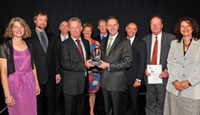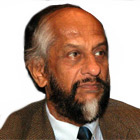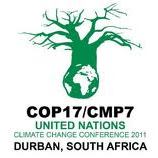 There’s a terrible tyranny in being a columnist for a national newspaper, required to produce entertaining and informative copy every week. It’s a hard job, having an opinion and expressing it cogently. Some writers struggle and succeed, others strive and fail dismally. The NZ Herald — the newspaper of record for NZ’s biggest city — has a couple of fine examples of the latter: old curmudgeon Garth George, who meets the difficulties inherent in his job by ripping off other people’s copy, and red-spectacled “funny man” Jim Hopkins, who has never allowed the facts to get in the way of a good rant.
There’s a terrible tyranny in being a columnist for a national newspaper, required to produce entertaining and informative copy every week. It’s a hard job, having an opinion and expressing it cogently. Some writers struggle and succeed, others strive and fail dismally. The NZ Herald — the newspaper of record for NZ’s biggest city — has a couple of fine examples of the latter: old curmudgeon Garth George, who meets the difficulties inherent in his job by ripping off other people’s copy, and red-spectacled “funny man” Jim Hopkins, who has never allowed the facts to get in the way of a good rant.
And what a diatribe he gave us last Friday! Global warming’s gone away, Jim reckons:
There has been a trickle of terror but, by and large, the whole calamitous narrative is a goneburger.
…and…
The conclusion’s inescapable. Either we (literally) cooked our goose a long time ago or global warming’s always been more chimera than catastrophe. Quids in, it’s the latter. This is a crisis of faith, not a crisis of fact.
…and…
We just don’t need to worry about it any more. That’s all. The prediction holds. Global warming has disappeared.
Yes that’s right, because the media isn’t giving global warming the same prominence as a few years ago, the problem must be over. Thank the Lord for that sir. And what a shame that Hopkins’ is talking — not to put too fine a point on it — complete bollocks. Here’s why:
Continue reading “Jim Hopkins: vapid, vacuous, pretty vacant”

 This year’s NZ Prime Minister’s Science Prize — worth $500,000 — has been
This year’s NZ Prime Minister’s Science Prize — worth $500,000 — has been  An image that has lingered with me from all the reports of the Durban conference was the
An image that has lingered with me from all the reports of the Durban conference was the  Let’s revisit that cold war phrase:
Let’s revisit that cold war phrase: